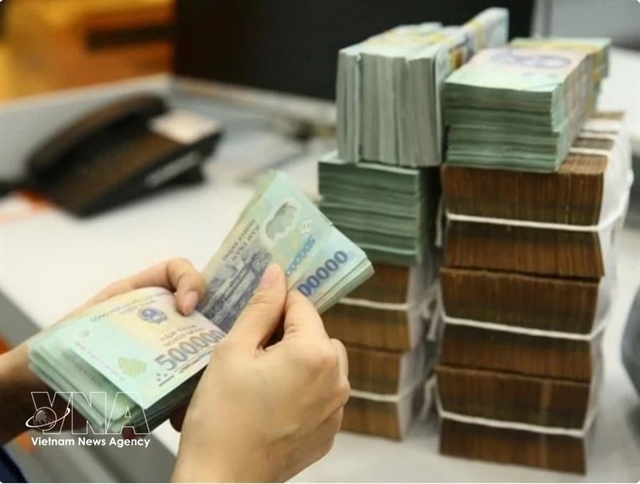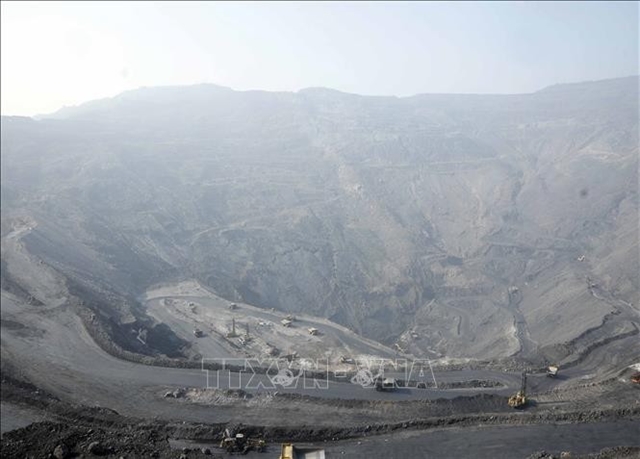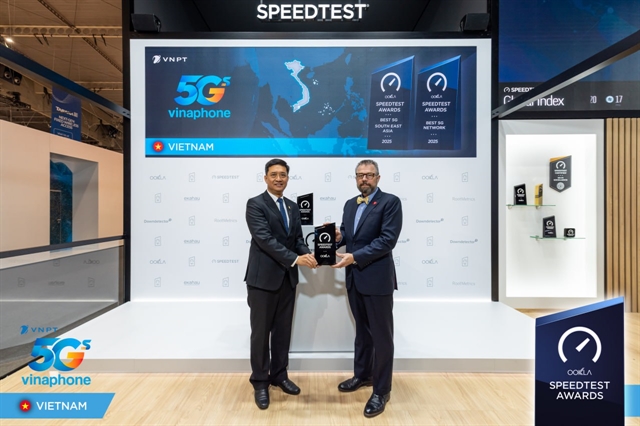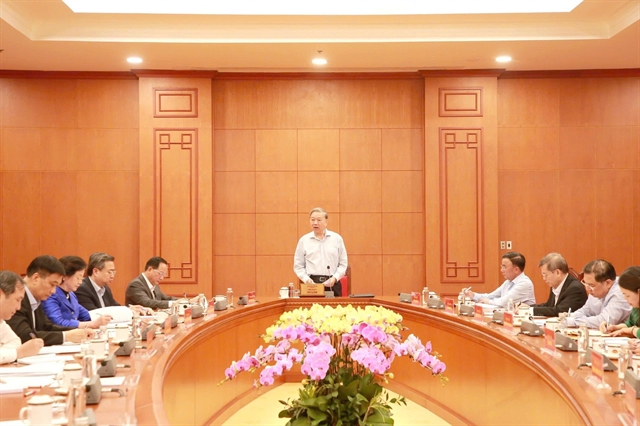 Politics & Law
Politics & Law
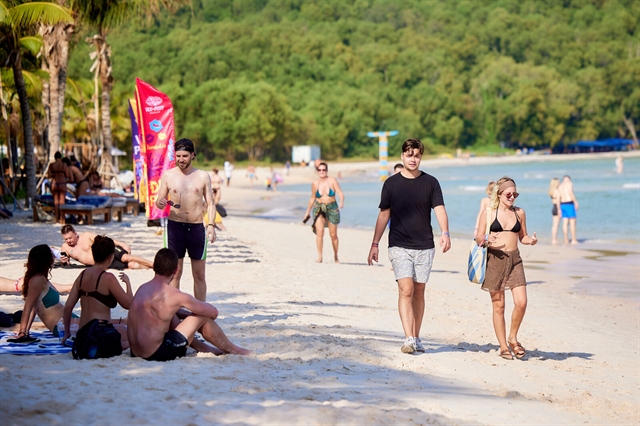
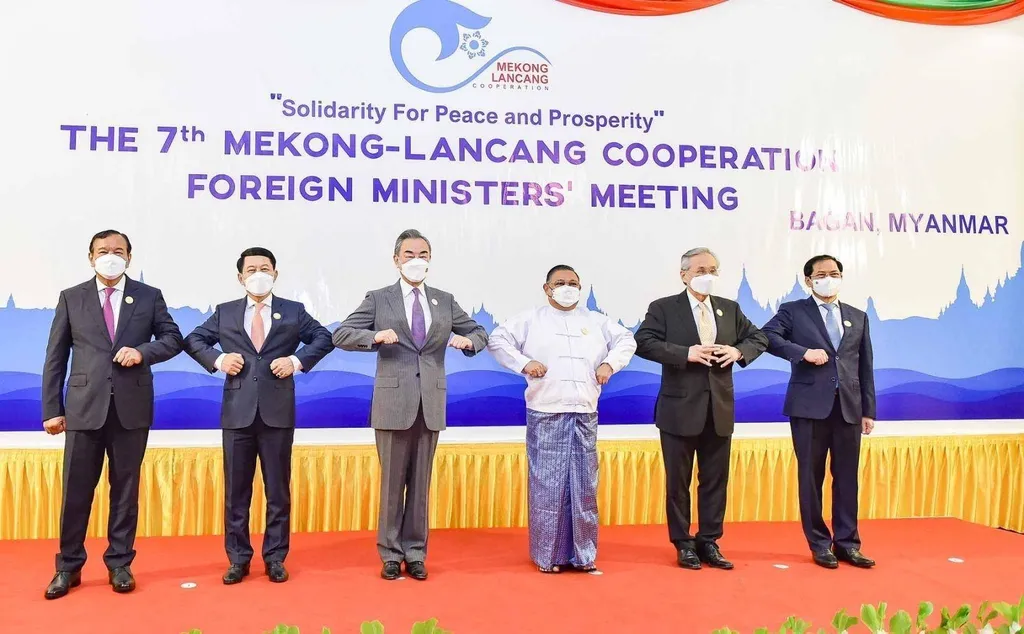 |
| The 7th Mekong-Lancang Cooperation (MLC) Foreign Ministers’ Meeting was held on Monday in Bagan, Myanmar. — VNA/VNS Photo |
{ "id": "81gc9WDE-c", "type": "myToolImages", "data": { "data": "" } }
{ "id": "-kjIDtrdGE", "type": "myToolImages", "data": { "data": "" } }
BAGAN — The 7th Mekong-Lancang Cooperation (MLC) Foreign Ministers’ Meeting took place in Bagan, Myanmar on Monday with the participation of diplomats from Cambodia, Laos, Myanmar, Thailand, China and Việt Nam.
The delegates all expressed appreciation of MLC's positive contributions to cooperation and development in the region, especially during the pandemic. Two-way trade between the Mekong countries and China in 2021 reached nearly US$400 billion, up 23 per cent compared to 2020.
Many large infrastructure works have been completed and hundreds of technical assistance projects implemented.
Member countries also established specialised cooperation centres, organised policy dialogue forums attracting the participation of a large number of ministries, branches, and localities of member countries.
The foreign ministers welcomed the achievements in cooperation in water management of the Mekong River and strive to achieve substantive results at the 2nd Ministerial Meeting of Mekong-Lancang Water Resources scheduled to be held in Việt Nam in 2022.
The Conference emphasised the principles of consensual cooperation, equality, mutual consultation, benefit-sharing, respect for the United Nations’ Charter and international law, as well as compliance with the regulations and laws of each country. At the same time, the participating countries also agreed to boost MLC cooperation in the direction of consolidating friendly neighbourly relationships, making positive contributions to the member countries' socio-economic development, building the ASEAN Community, and realising the 2030 Sustainable Development Goals.
The conference adopted a joint press release and four joint statements on strengthening agricultural cooperation, disaster prevention, customs and trade facilitation, and exchanges between MLC civilisations.
Accordingly, MLC cooperation in the near future will focus on the four major aspects: economic recovery and development through enhanced connectivity, trade, digital economy, production capacity, resilient supply chains, trade facilitation and customs clearance; disaster management, environmental protection, climate change adaptation, sustainable use of water resources, green energy transition, and sustainable infrastructure development; strengthening health security, promoting cooperation in traditional medicine; and people-to-people exchanges through cultural activities, tourism, media, sports, education and human resource development.
Addressing the conference, Vietnamese foreign minister Bùi Thanh Sơn stressed that Việt Nam highly valued the MLC cooperation and that the country has made effective contributions in this regard.
He noted that in the post-pandemic era, MLC member countries need to prioritise effective cooperation for economic growth and sustainable development to bring practical benefits to the people.
He proposed four solutions to realise these objectives.
Firstly, focusing on cooperation in economic recovery and improving the economy’s resilience, strengthening customs cooperation and trade facilitation in order to solve goods congestion and ensure the free flow of goods and services.
Second, supporting member countries in climate change adaptation and transition to a green economic model, including improving production and storage capacity of clean energy and application of high technology to head towards climate-smart agriculture.
Third, promoting cooperation in the management and sustainable use of water resources, especially speeding up the development of the Five-Year Action Plan on Mekong-Lancang Water Resources Cooperation for the 2023-27 period, encouraging the expansion of consultation and dialogue among member countries on water resource development plans, increasing sharing of hydrological and meteorological data and hydroelectric dam operations; and strengthening coordination between the Mekong-Lancang and the Mekong River Commission.
Fourth, strengthening people-to-people connections through the resumption and expansion of tourism activities, cooperation between local governments alongside cultural, sports, media, women's and youth empowerment programmes. — VNS

